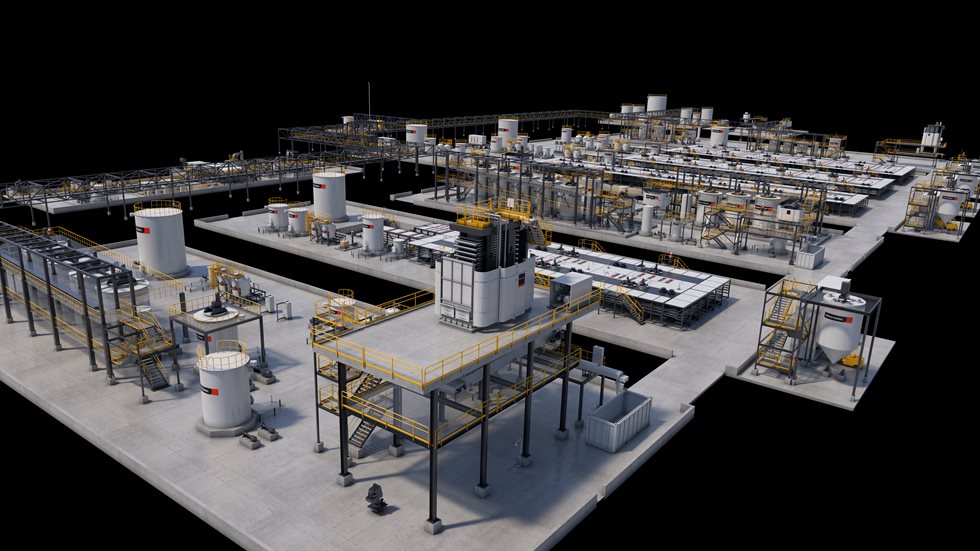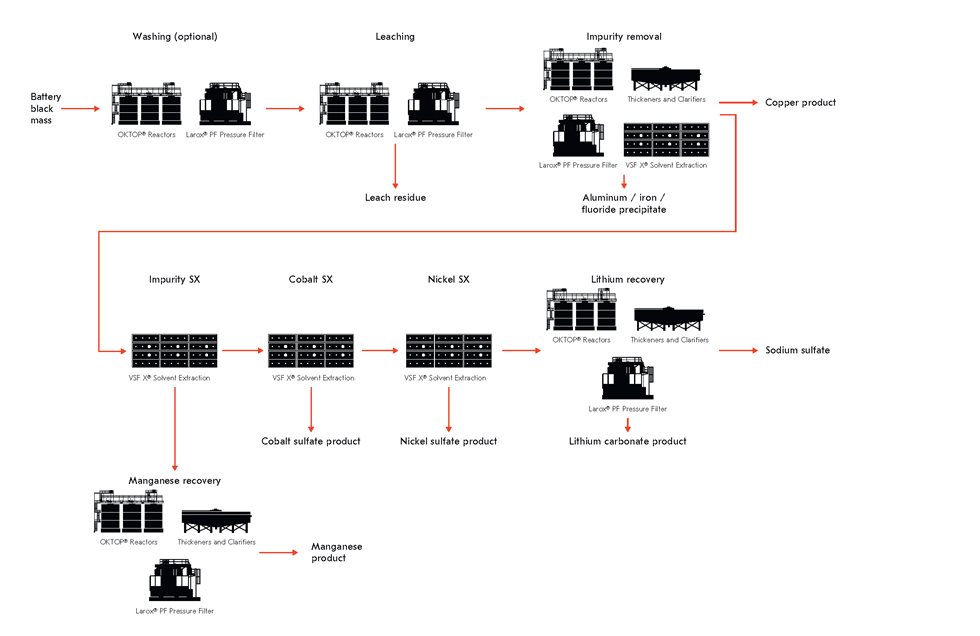Battery minerals are undoubtedly influencing the future of energy transition, with product lifecycle and circular economy emerging as key drivers. But – of course, nothing great ever came that easy, as the availability and consistency of battery raw materials is limited. To address this challenge, a structured and sustainable process has been growing in popularity: Battery black mass recycling.
The global surplus of battery usage, stemming from electric vehicles and various electronic devices, further proves the pressing need for their eventual recycling. As the world increasingly gravitates towards zero-emission vehicles and endeavors to establish circular economic systems, the battery recycling industry is inevitably set to see new and prosperous growth opportunities. Central to this is the concept of circular economy, enabling the sustainable recovery and recycling of raw materials crucial for the battery value chain.
So what is Battery black mass recycling?
The Battery black mass recycling process treats batteries after mechanical separation with an optional thermal treatment. The process involves leaching to dissolve metals from the black mass, followed by precipitation to recover copper and remove impurities such as aluminum and iron. Then, through solvent extraction, Metso systematically recovers metals one by one – starting with manganese, followed by cobalt, nickel, and lithium.
“There is what we call black mass, which is literally black fine powder that contains the valuable metals from the cathode and also graphite from the anode,” says Madeleine Scheidema, Technology Manager, Battery Recycling.” The starting point of our recycling process is when we receive the black mass.”
This method not only supplements virgin material supply but also reduces the carbon footprint of the battery supply chain. The recovered metals can then be used in the production of precursors for batteries, so these raw materials can make new batteries again.




